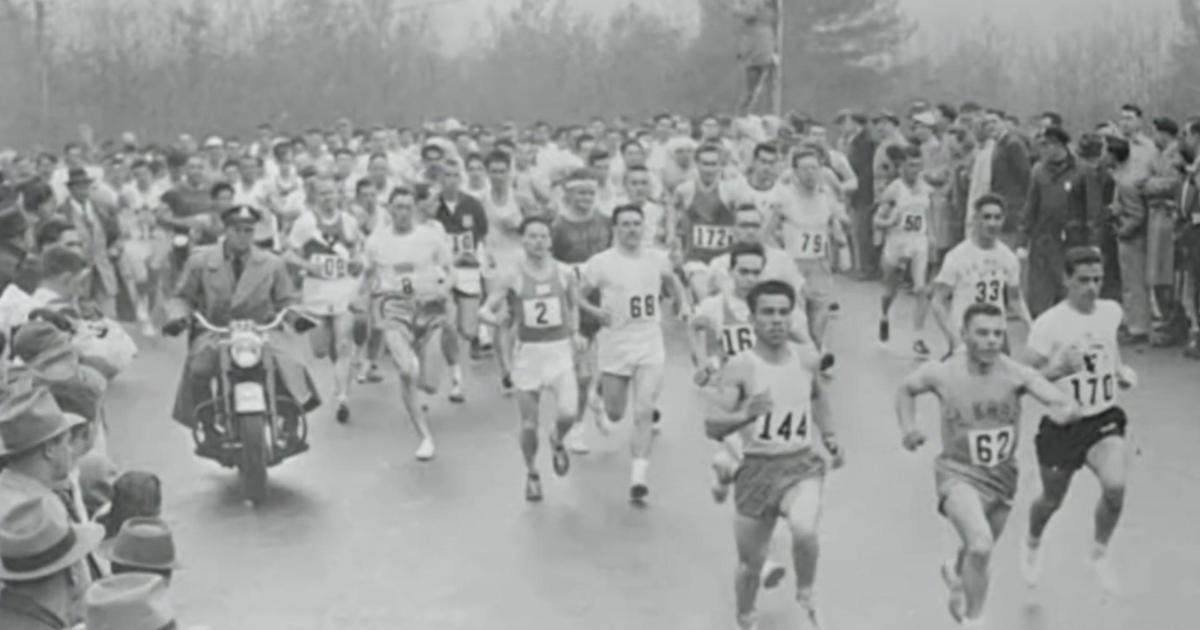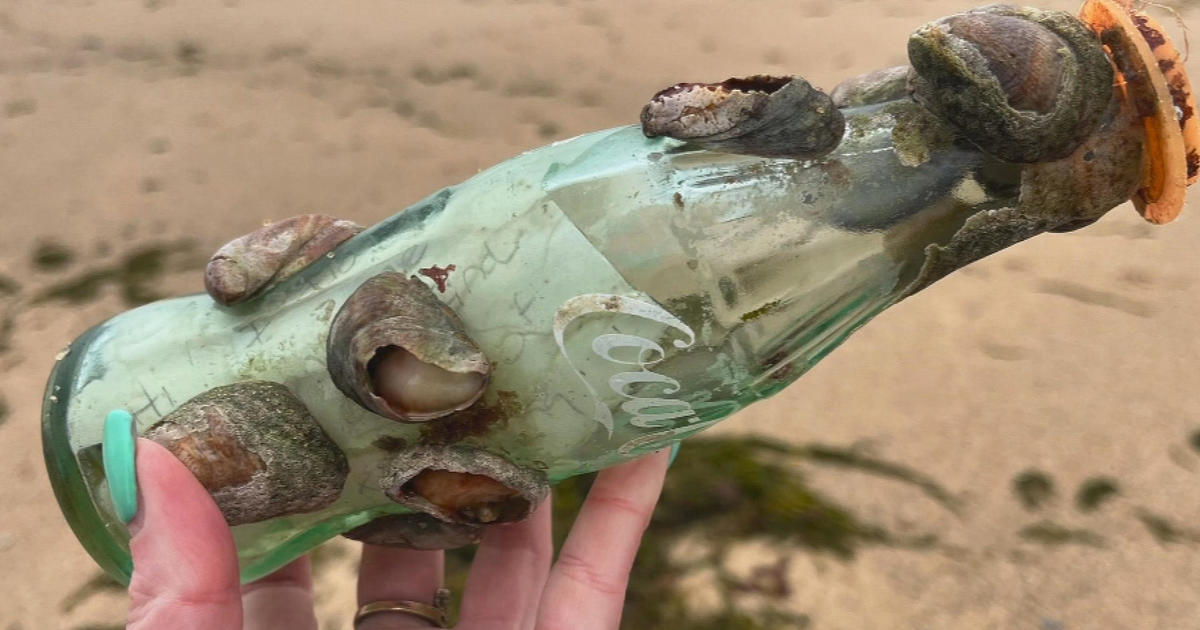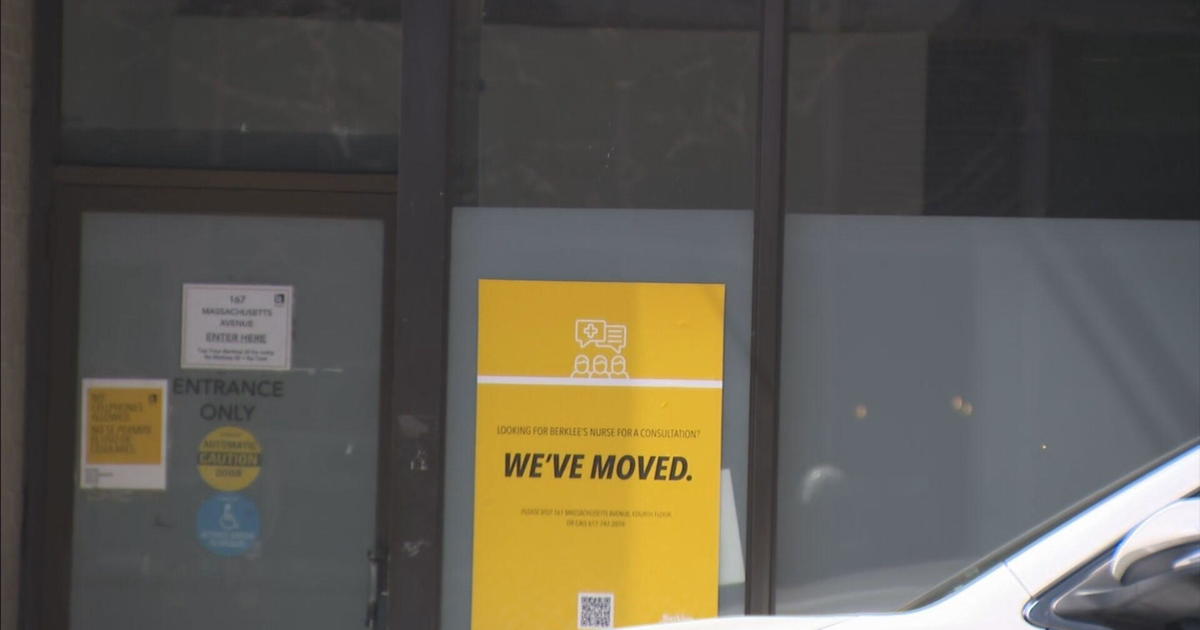Is It Safe To Drive With Non-Family Members? Dr. Mallika Marshall Answers Coronavirus Questions
BOSTON (CBS) — Dr. Mallika Marshall is answering your coronavirus-related medical questions. If you have a question for Dr. Mallika, email her or message her on Facebook or Twitter.
Dr. Mallika is offering her best advice, but as always consult your personal doctor before making any decisions about your personal health.
"Is it safe to drive with non-family members? I've been telling my teenager that he has to drive alone but am wondering if he can drive short distances with friends if they keep the windows down." -Amy
Ideally, it would be best for him to take his own car, but if he has to be in a car with others, tell them all to wear masks and keep the windows open.
"My wife is 70-years old. She volunteers for a charitable local thrift shop. She loves the job and meeting people however, she has some concerns about working in the small shop. Should she go in?" -Dan
She's doing such wonderful volunteer work that is clearly meaningful to her and brings her pleasure. But while our mental health is so important right now, I worry about her physical health. Given her age and the fact that she would be in close contact with other workers and clients, it might not be a good idea.
"My husband and I are at high risk and over the weekend my son and family were here. Last week we tested negative for the virus. Is there anything else we should do?" -Judy in Marblehead
Hopefully, no one was infected during the time they visited you. You tested negative last week but that doesn't mean you couldn't have subsequently been exposed this past weekend. Just monitor yourselves for symptoms over the next two weeks and if you start feeling sick, call your doctor to arrange for another test.
Joseph says he's heard of false-negative coronavirus tests but nothing on false positives and wonders whether an antibody test could help confirm whether a positive coronavirus test is truly positive.
False positives are not common with the standard coronavirus tests that look for the presence of the virus in the back of the nose. If you get tested and it's positive, it's very likely you are infected with the virus. But the blood tests that look for antibodies are much less accurate. If you have a positive antibody test, there is a greater chance it could be false positive.



